Dental health is an essential aspect of overall health in dogs. While regular dog teeth brushing and veterinary check-ups can help maintain dental health, dental chews and treats are becoming increasingly popular among dog owners to keep their teeth clean and healthy. But are dental chews and treats good for dog teeth? This article will explore the pros and cons of dental chews and treats for dogs.
What are Dental Chews and Treats?
Dental chews are specially formulated treats designed to help clean teeth and freshen breath in dogs. They are usually made from a combination of natural ingredients and synthetic materials that are tough and durable enough to withstand the chewing and biting of dogs.

Dental chews and treats are available in various shapes, sizes, and flavors to cater to different tastes and preferences. They are considered helpful for dog teeth cleaning.
The Pros of Dental Chews and Treats
Bond with your dog
Bonding with your dog is essential to pet ownership, and dental chews can be a great way to strengthen their bond. When you offer your dog a dental chew, you provide a safe and healthy outlet for their natural chewing behavior. Chewing on a dental chew can also provide mental stimulation and relieve stress and anxiety.
You can create positive associations and deepen your relationship with your furry friend by giving your dog a dental chew and engaging in playtime, training, or other bonding activities. Dental chews can be a fun and beneficial tool for bonding with your dog.
It helps to Prevent Plaque and Tartar Build-Up.
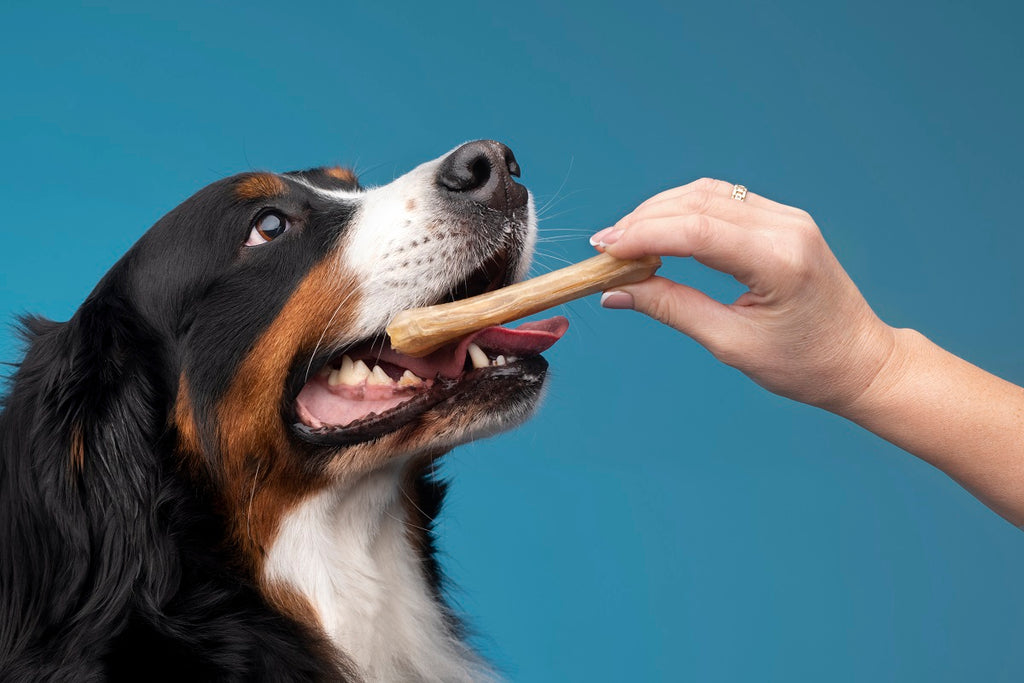
Dental chews and treats help prevent plaque and tartar build-up in dogs. Plaque is a sticky film that forms on the teeth and contains bacteria that can lead to tooth decay and gum disease. Tartar, on the other hand, is a complex, yellowish deposit that forms on the teeth and can only be removed by professional dog teeth cleaning. Dental chews and treats scrape plaque and tartar from the teeth as the dog chews on them.
Promotes Healthy Gums
In addition to preventing plaque and tartar build-up, dental chews and treats can promote healthy dog gums. Gum disease is a common dental problem in dogs that can lead to pain, infection, and even tooth loss. Dental chews and treats help to stimulate the gums and increase blood flow, which can help to keep healthy dog teeth.
It provides a Natural Way to Freshen your Breath.
Bad breath is a common problem in dogs and can be caused by various factors such as dental disease, gastrointestinal issues, or diet. Dental chews and treats can help to freshen breath in dogs by removing bacteria and food particles from the mouth.
One of the benefits of dental chews and treats is that they can provide a natural way to freshen your dog's breath. Some dental chews and treats contain ingredients such as parsley, mint, or chlorophyll, which can help to neutralize bad breath. However, it is essential to note that if your dog has persistent bad breath, it may be a sign of an underlying dental or health problem that requires veterinary attention. Dental chews and treats should be used with regular dental check-ups and cleanings. Just like you have finished brushing dogs teeth.
Provides Mental Stimulation

Dogs are natural chewers and need to chew on things to relieve boredom and anxiety. Dental chews and treats provide a safe and healthy outlet for this behavior and can help to provide mental stimulation for dogs.
The Cons of Dental Chews and Treats
Not a Substitute for Professional Dental Care
While dental chews and treats can help to prevent plaque and tartar build-up and promote healthy dog teeth and gums, they are not a substitute for professional dental care. Regular dental check-ups and cleanings by a veterinarian are still necessary to ensure optimal dental health in dogs.
Some Dental Chews and Treats are Not Safe
Not all dental chews and treats are safe for dogs to chew on. Some products can break apart and become a choking hazard or cause intestinal blockages if swallowed. Choosing dental chews and treats specifically designed for dogs and made from safe and non-toxic materials is essential.

Can be high in Calories
Another potential downside of dental chews and treats is that they can be high in calories, leading to weight gain and other health problems. It is crucial to choose dental chews and treats appropriate for your dog's size and dietary needs and to monitor their overall calorie intake.
Additionally, it is essential to remember that dental chews and treats should be used as a supplement to, rather than a replacement for, a well-balanced diet and regular exercise. It's important to do dog teeth care but you can't ignore your dog's weight either.
May not be effective
It is important to note that dental chews and treats may not be effective for all dogs, especially those with advanced dental disease. It is not a substitute for brushing dog's teeth.
In these cases, professional dental care may be necessary. Additionally, some dogs may not be interested in or able to chew on dental chews due to dental pain or other health issues. It is crucial to consult your veterinarian to determine the best dental care plan for your dog based on its needs and health status.
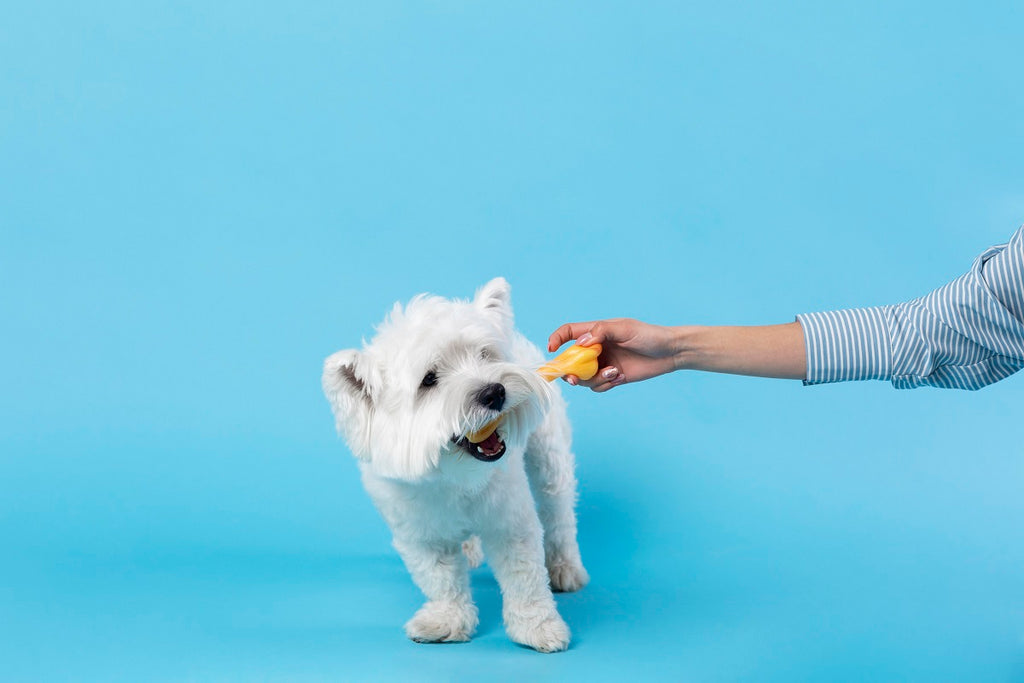
Conclusion
Dental chews and treats can be valuable to a dog's teeth care routine, but they should be used to maintain dental health. They can help to prevent plaque and tartar build-up, promote healthy gums, freshen breath, and provide mental stimulation, but they are not a substitute for professional dog teeth care.
Choosing safe and non-toxic dental chews and treats, such as monitoring your dog's calorie intake and consulting with your veterinarian to determine the best dental care plan, is essential.
In conclusion, dental chews and treats can be beneficial in maintaining healthy dog teeth. They can help to prevent dental problems and provide mental stimulation for your dog. However, they should not be relied on as the sole means of maintaining dental health; regular veterinary check-ups are still necessary.
By choosing safe and appropriate dental chews and treats, monitoring your dog's calorie intake, and working with your veterinarian, you can help to ensure that your dog has healthy teeth and gums for years to come.


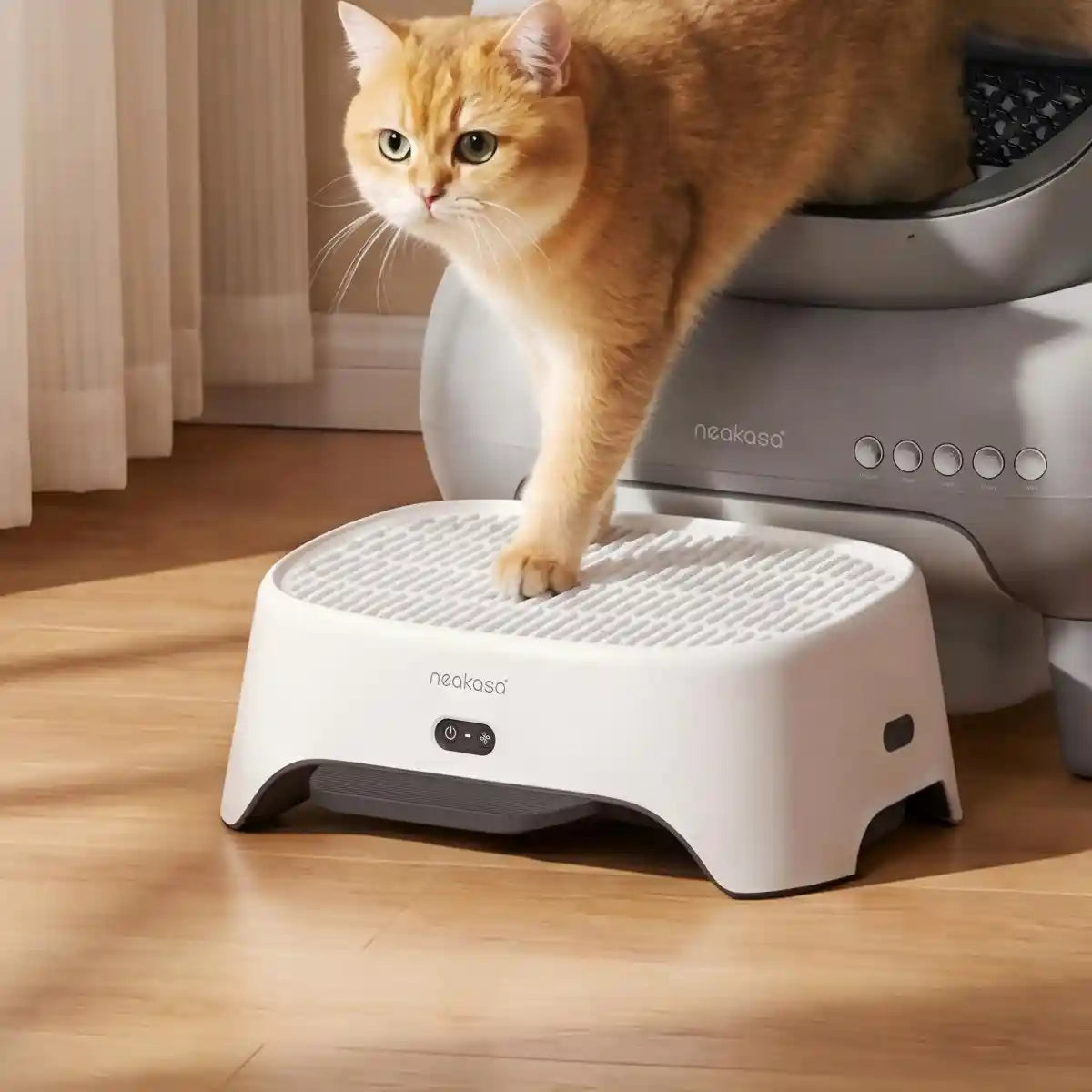

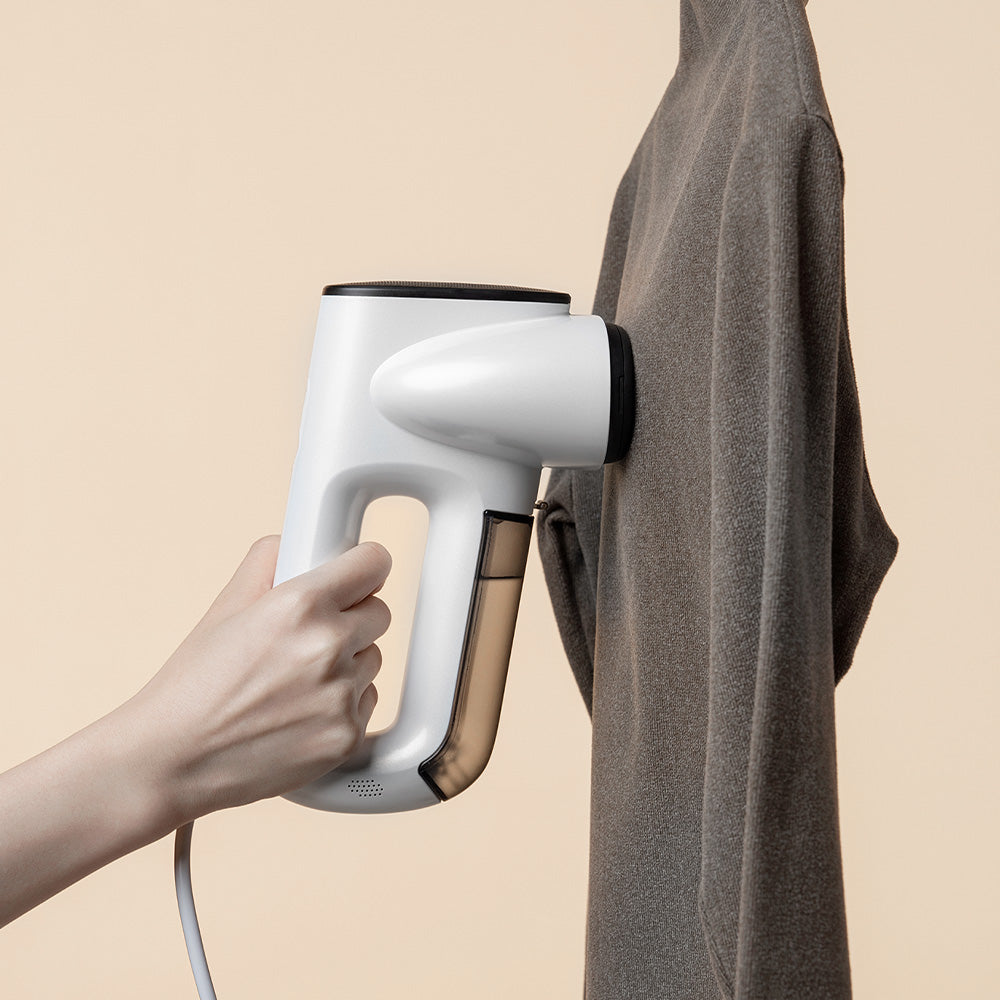
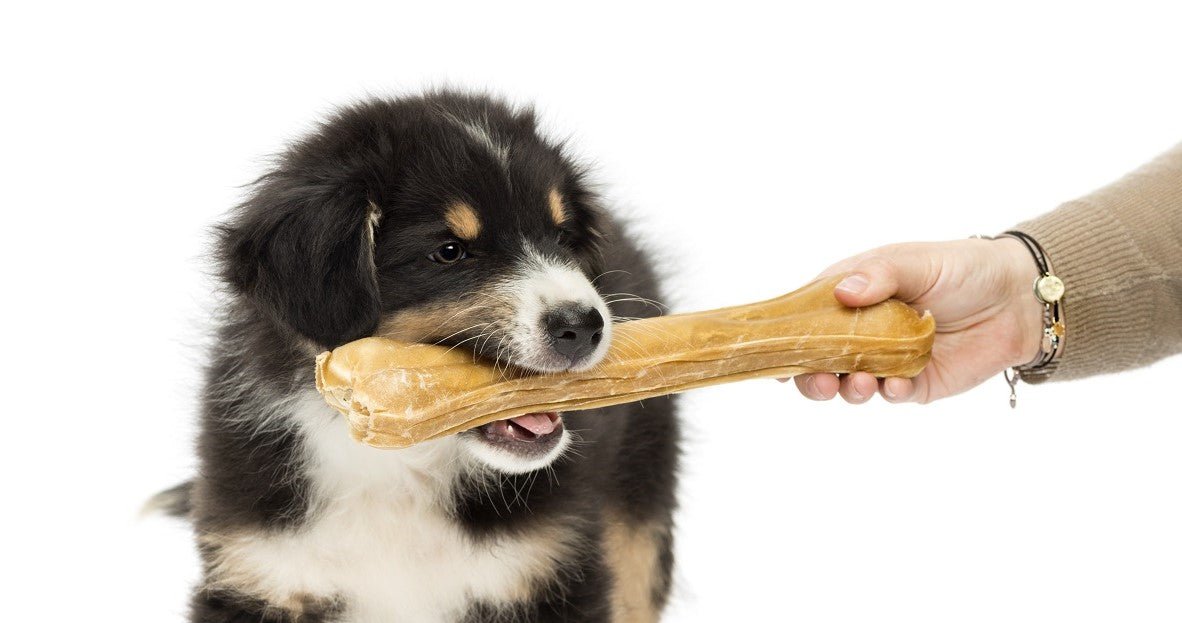
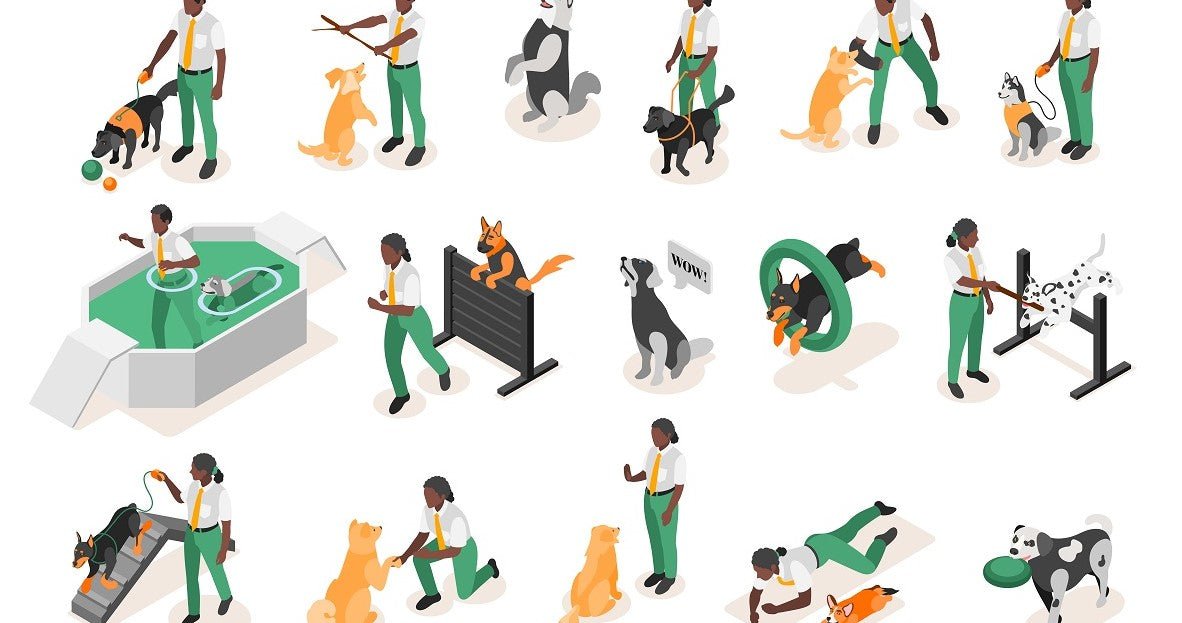

Leave a comment
This site is protected by hCaptcha and the hCaptcha Privacy Policy and Terms of Service apply.